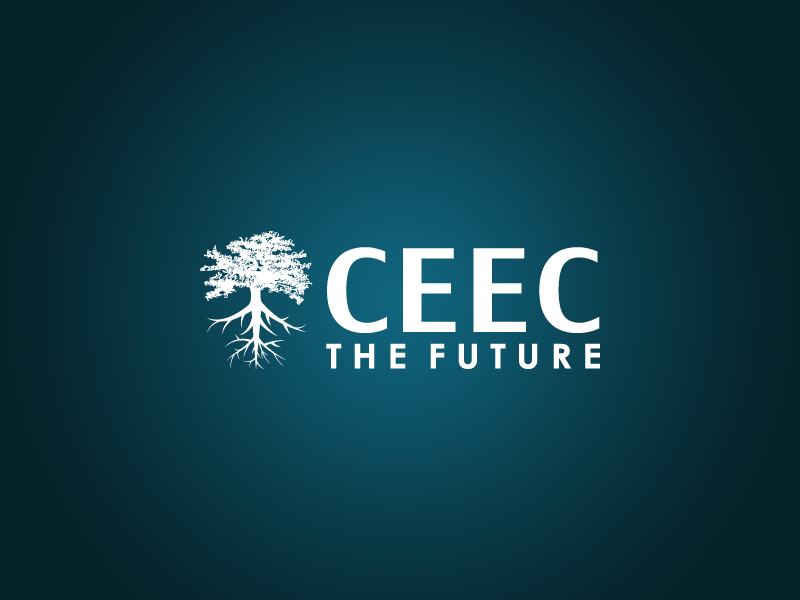
CEEC Thought Leader Series - Joe Pease interviews Zimi Meka - CEO & Co-founder of Ausenco
Zimi Meka offered a leader’s perspective on how industry can collaborate on important ESG improvements for investors in an interview with CEEC Director Joe Pease. He noted that there are good options for leaders, both within companies and through organizations such as CEEC, to work together to solve critical whole-of-industry challenges such as in energy, emissions and water impact.
Some of the topics included:
- Collaborating to accelerate decarbonization and ESG goals
Mr Meka said that the industry needs to get better at collaboration around ESG goals. “We have to learn how to better operate in the whole environmental social governance space,” he said. “I think companies are still grappling with what that actually means. I think we're spending a lot of time around carbon footprint, which is only a small aspect of that whole concept. You can have the smallest carbon footprint, but if you haven't got good environmental stewardship of your operation or good social stewardship or good governance at the top, so what that you’ve got a small carbon footprint?
“I think we've got a lot of challenges... If we can collaborate as an industry, we're going to be better off as a result.”
- Future Comminution and Processing – Energy, Water and Overcoming challenges
Mr Meka emphasized that mineral processing and comminution is key, and he discussed the opportunities to take Dr Ballantyne’s work forward, and technology options such as high-pressure grinding rolls (HPGR), coarse flotation and earlier waste separation for processing plants.
He talked about leading change and overcoming barriers to adoption, CEEC’s role, and how to support innovative ideas and work culture to enable these changes.
“I’m really quite encouraged around what we’re looking at in the future,” he said, noting that it’s not just grinding circuits that can be improved by collaboration, but also other areas of processing such as coarse particle flotation, or even dry stack tailings in order to improve water recovery.
“Water is another big aspect of this, of course – it’s just not the grinding circuits,” he said. “I think that’s a really important area that’s going to help from a water recovery, but also from a dam stability perspective.”
- Plant Design – Frame NPV goals first to enable win-win results
He also noted that the way we approach the design of plants, from an engineering design view, makes a big difference. “Our approach is a little different,” he said. “Our approach is – what NPV [net present value] and what financial and economic benefits do you need in order for your project to actually happen? And we work back from that.”
Doing the financial model first allows you to estimate what you need from a financial perspective for the project to happen, and then you can look at key outcomes and work out the best approach to achieve this. He explained: “We encourage people to get to the answer first and then work backwards.”
This way, we can increase NPV and substantially reduce carbon footprint to address net zero investors and financiers needs.
- Leading Change – Key changes coming to mines and plants of the future
“Over the last three to five years, the industry has been focusing on analytics,” he said. “In the meantime, grades have been falling and the cost of energy has been increasing. I think now is the time for us to really have a good hard look at ore sorting upgrading, and improving how we can grind our material, how we can then separate it in flotation and how we can store and stack it.
“The savings that we will get if we do this properly will be 10s of percent, not at the margins. Then of course you've got the whole carbon footprint piece, which everyone's looking at and trying to improve. I think that's really ultra-important.”
- Why adapt and lead change – and collaborate through CEEC?
Mr Meka said that the industry needs to focus on how to extract the best economic outcome, which may not necessarily be the high recovery, but with the lowest energy and water usage. He noted that financiers and investors are demanding change in this area.
He added: “I'm glad that there are organizations like CEEC that have that emphasis, and we're starting to see clients have that emphasis as well.”